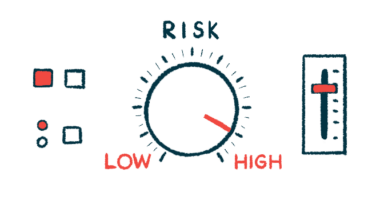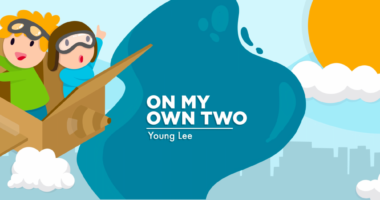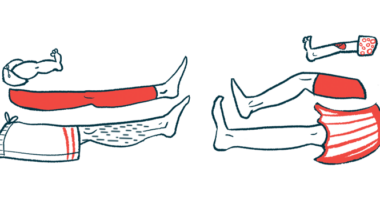The Importance of Seeking Balance and Saying No

People often say that toddlers love the word “no.” While I don’t have any children of my own, all of my experiences interacting with toddlers tell me those folks may be right.
For toddlers, “no” is a simple word that can be used to express discontentment when things don’t go their way. As we mature, many of us learn to accept situations, confront what we can’t control, and phase out much of the use of “no.” We learn about things called burdens and responsibilities. Instead of “no,” we say “yes” to more and more.
I always thought it was the adult thing to do. However, I think some of us have at times overcompensated and nearly dropped “no” from our vocabulary entirely.
We say yes in order to be busy and productive, and we say no to our body’s needs.
I think there’s often a conflict between forces around us and our desire to listen to our body’s need for rest. This issue has come up in many of my recent conversations with both friends in the disability community and those outside of it.
Maybe it’s because the pandemic has forced many of us to spend time thinking about our health, well-being, and what’s important in life. Or perhaps it’s because Naomi Osaka, one of professional tennis’s biggest stars, recently said no in a very public manner.
Either way, I’ve been thinking about this lesson lately: Busy is not always better or a virtue worthy of putting on a pedestal. Sometimes saying no is necessary for our bodies, emotions, and mental health.
This is an important lesson for many of us with Charcot-Marie-Tooth disease (CMT) to remember.
With symptoms that include fatigue, numbing pain, and muscle weakness, it’s common for many of us CMTers to prune our schedules to only the important things we can manage. We often find our bodies crying for us to say no.
We may have days when CMT really gets to us. Some days, maybe it’s the pain. Other days, maybe we’re exhausted from fatigue. And sometimes we just need an extra day or two to recover from a really intense workout.
During my college days, I tried to say yes to everything. If friends wanted to go out and eat at that late-night Chinese spot that was greasy in all the right ways? I was down. If friends wanted to party until 4 a.m.? I usually tried to make it happen.
As CMTers, I know we sometimes feel awful for saying no to our friends. Maybe we want to be more productive, try to live up to certain ideals, or take on more responsibilities. However, it’s important to give ourselves permission to not be perfect.
It’s important to look out for ourselves, listen to our bodies, and prioritize our well-being. All things considered, I’m pretty lucky to have a laid-back schedule that fits well with the management of my CMT symptoms. I know others are in situations where they don’t have much choice but to always be busy in order to survive.
Even so, we should always keep in mind that it’s often better to shoot for balance than constant busyness with diminishing productivity.
These days, many of us seem to be realizing that saying yes all the time and filling up our schedules isn’t necessarily a good mark of maturity. It’s not always the wise thing to do. Instead, perhaps a better indicator of wisdom is simply knowing when to say yes and when to say no.
While those of us with CMT may lack the ability to balance our physical bodies, perhaps we can at least seek balance in our lives.
***
Note: Charcot-Marie-Tooth News is strictly a news and information website about the disease. It does not provide medical advice, diagnosis, or treatment. This content is not intended to be a substitute for professional medical advice, diagnosis, or treatment. Always seek the advice of your physician or other qualified health provider with any questions you may have regarding a medical condition. Never disregard professional medical advice or delay in seeking it because of something you have read on this website. The opinions expressed in this column are not those of Charcot-Marie-Tooth News or its parent company, Bionews Services, and are intended to spark discussion about issues pertaining to Charcot-Marie-Tooth.







Leave a comment
Fill in the required fields to post. Your email address will not be published.